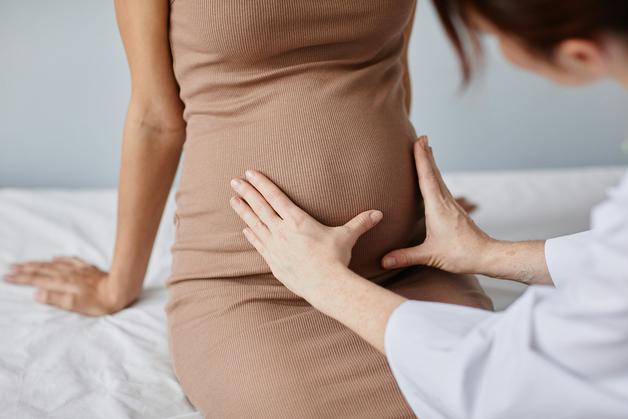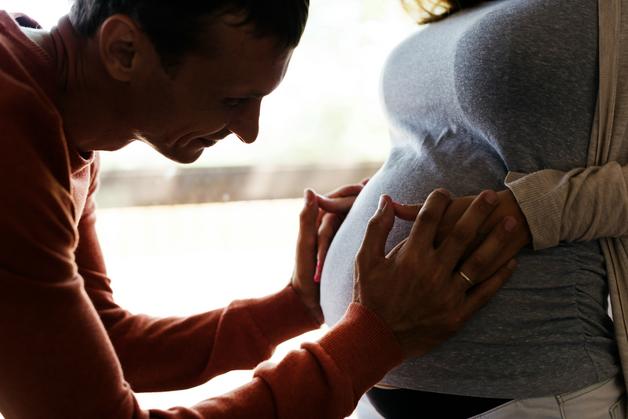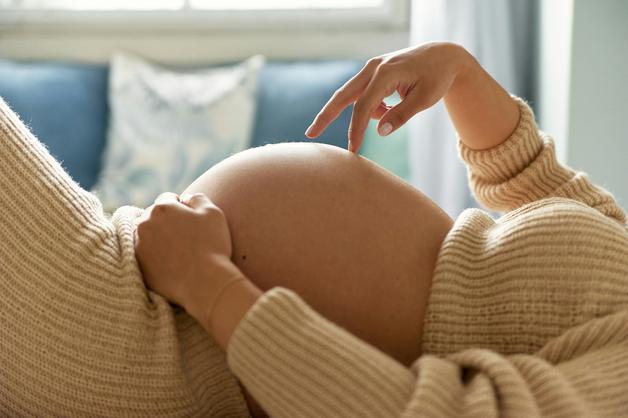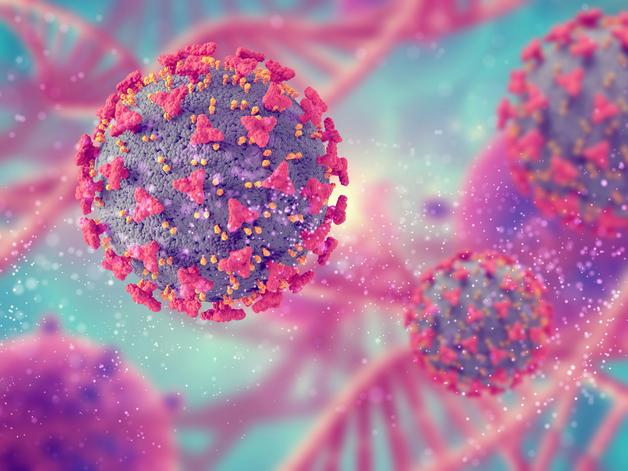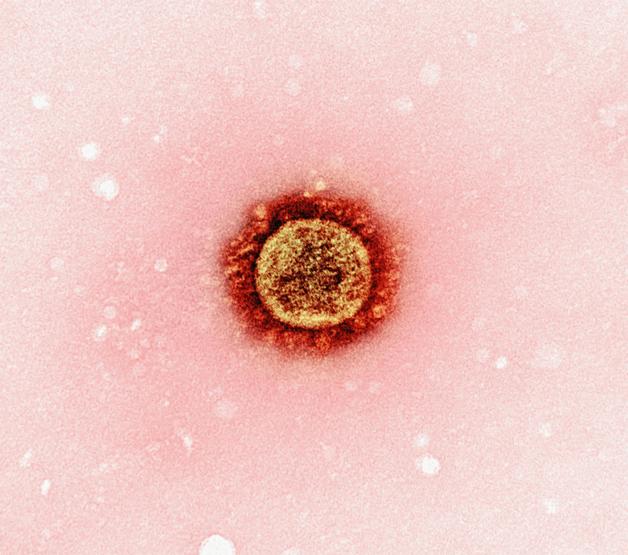Facing the end of pregnancy, expectations and uncertainties whirl around every new sensation. Among them, diarrhea before labor often arrives unannounced, leaving parents perplexed—Why now? Is this a warning sign, a harmless “preparation”, or something to monitor? Curious, slightly apprehensive, you wonder: what actually causes this shift, and could it affect your baby or you? From late-night doubts to practical worries about hydration or hospital timing, concerns surface rapidly. Here, let’s untangle the complex web of hormonal domino effects, physical pressures, maternal emotions, and practical strategies around diarrhea before labor—all to empower you as you move towards your child’s birth.
Understanding Diarrhea Before Labor
What Exactly Is Diarrhea Before Labor?
Imagine this: your body, after months of adaptation, suddenly turns the digestive tempo up a notch—the familiar rhythm is replaced by sudden, loose, sometimes urgent stools. This phenomenon, diarrhea before labor, typically erupts in the final hours or couple of days as delivery approaches. The main actor behind this change is the surge in prostaglandins—those natural chemical messengers working overtime. Prostaglandins aren’t just opening the way for your baby by softening the cervix; they’re also kickstarting your intestines, leading to frequent loose stools. All at once, old patterns—perhaps even late-pregnancy constipation—are overturned.
Not everyone will experience it. Sometimes, it remains subtle; other times, it’s impossible to ignore. The drop in progesterone, another key hormone, contributes—its earlier digestive “slow-down” fades, so transit time speeds up. Physical factors come into play as well: your baby’s lower position in the pelvis can create new pressures, pushing on the intestines and shifting bowel habits. Toss in emotional triggers—anticipation, worry, fatigue—and intestinal activity may burst forward, driven by the famed gut-brain axis.
The Emotional Weight: Uncertainty and Expectation
Questions mushroom—Is this normal? Should you be worried? Will you recognize labor in time? It’s all normal to feel unsettled. Each new bodily shift can provoke anxiety, especially when it arrives out of nowhere. Finding reassurance, whether through trusted professionals or your own support network, can lighten this invisible burden. Sharing your feelings, even the odd or embarrassing ones, is part of nurturing yourself while awaiting your baby.
Why Does Diarrhea Happen Before Labor?
The Hormonal Storm: Prostaglandins and the Gut
With labor on the horizon, hormonal fluctuations reach a crescendo. Prostaglandins—quietly acting in the background for weeks—now spark powerful effects, rippling from the uterus to the gut. Suddenly, your intestines spring to action, speeding the passage of waste, sometimes urgently so. This is not just coincidence; it’s a purposeful preparation by your body, making room as delivery nears.
Simultaneously, as progesterone levels decrease, the digestive system lets go of its “slower pace” and becomes more active. The result? A tangible shift—sometimes a back-and-forth between constipation and sudden diarrhea.
Mechanical Shifts: Baby’s Descent
Have you noticed increased pelvic pressure lately? As the baby drops “lower”, getting ready for birth, this mechanical descent compresses the bowels. Your intestines, now squeezed, respond with altered activity, sometimes moving food along more briskly, resulting in sudden, loose bowel movements.
The Emotional Landscape
Late pregnancy is a whirlwind—logistics, anticipation, even simple meal choices change. Emotional stress tweaks the nervous system, and through the gut-brain connection, stimulates bowel activity. Meals skipped or altered, anxiety-fueled insomnia, even subtle routine disruptions—each can be the “last straw” for digestion.
When It’s Not Just Labor: Infections & Medications
While hormonal and physical factors usually explain diarrhea before labor, there are outliers. Stomach bugs, new medications, or existing gut conditions may cause similar symptoms. If episodes are paired with fever, vomiting, severe pain, or blood in the stool, an infection (like viral or bacterial gastroenteritis) could be at play—not to be ignored, and definitely something for your healthcare provider.
Recognizing Signs & Monitoring for Red Flags
Typical Patterns Just Before Labor
Check these clues:
- Sudden onset of loose or watery stools (often within 1–2 days of labor)
- More frequent bowel movements
- Mild, transient abdominal cramps
- May arrive alongside loss of mucus plug or increasing contractions
You might experience some or all, or none—bodies script their own stories.
Warning Signs: When Should You Take Action?
There are times when extra vigilance is wise:
- Fever
- Severe, sudden or persistent abdominal pain
- Ongoing vomiting, especially if unable to keep down fluids
- Blood or mucus in stools
- Diarrhea that lingers beyond 24 hours
- Signs of dehydration: dry mouth, pronounced thirst, little urine
Such symptoms may signal infection, significant fluid loss, or rarer complications.
Differentiating Normal Pre-Labor Changes From Something Else
Mild, short-lived diarrhea, close to your due date, usually fits the “preparation” pattern. But persistent, worsening, or complicated symptoms—especially with dehydration—always merit medical advice. Better safe than sorry.
Diarrhea Before Labor: What Are the Risks?
Hydration: The Heart of Prevention
Risk number one surrounds dehydration—when fluid loss outruns intake. Red flags include fatigue, thirst, dry lips, and reduced urination. Dehydration ups the challenge for your body during labor, sometimes triggering stronger contractions, dizziness, or even early labor.
- Aim for 1.5–2 litres of fluids daily.
- Oral rehydration solutions or savoury clear broths can restore lost fluids.
- Struggling to keep fluids down? Prompt medical support is key.
Maternal and Fetal Wellbeing
Significant dehydration brings ripple effects: electrolyte imbalances may crop up, and—rarely—reduced blood flow through the placenta can impact oxygen supply to baby. That’s why monitoring fluids and promptly seeking care for worrisome symptoms is essential.
Managing Diarrhea Before Labor: What Helps?
Smart Diet Choices
Ditch the spicy curries. For comfort and calm, focus on gentle, binding options like:
- White rice
- Boiled potatoes (avoid greasy sauces)
- Well-cooked carrots, bananas, applesauce
- Plain toast, simple biscuits
Avoid raw salads, spicy or fatty dishes, milk-heavy items, and meats that feel risky or undercooked. Prefer small, frequent meals—tummy-friendly snacks every 2–3 hours—over heavy feasts.
Hydration Essentials
Keep sipping water; opt also for mild herbal teas (think chamomile, fennel), clear broths, or even rice water—a home remedy trusted for generations. Pharmacy oral rehydration powders provide a scientific, safe backup if diarrhea is especially bothersome.
Rest and Comfort
Lay down on your left side; this relieves pelvic pressure and can reduce discomfort. A hot water bag or warm compress against your tummy provides soothing relief for mild cramps. Embrace deep breathing, relaxation exercises, or those breathing patterns you’ve practiced for labor—they calm both gut and mind.
Medicines: Handle With Care
The instinct to “fix” diarrhea fast is strong. Yet, resist reaching for over-the-counter anti-diarrheals or gut antispasmodics during late pregnancy—they are sometimes unsafe. A doctor can decide if medical options are appropriate, taking both maternal comfort and fetal safety into account.
Preventing Diarrhea Before Labor: Day-to-Day Actions
- Stick with familiar, “safe” foods.
- Avoid street food, raw or questionable meats, or unpasteurised dairy. Simple food hygiene keeps bugs at bay.
- If digestion is sluggish, prefer cooked fibres (carrot or apple puree) to maintain balance.
- Eat smaller, more regular meals, and split fluid intake throughout your day.
Nurturing Mental Balance
Tending to emotional health is as vital as physical. Talk through feelings with someone reliable—doctor, friend, or family. Indulge in relaxation, perhaps gentle music, light stretching, or slow-paced walks. Breathing or guided relaxation can anchor you if worries spiral.
Common Myths About Diarrhea Before Labor
- Myth: Every woman gets diarrhea right before birth.
- Truth: Many do not. It’s unique for everyone.
- Myth: Diarrhea “cleanses” the gut before baby arrives.
- Truth: Not a cleaning operation; it’s a by-product of hormonal and mechanical shifts.
- Myth: Labor will start within hours once diarrhea strikes.
- Truth: Timing varies—ahead by hours, days, even sometimes unconnected.
Recognising Other Early Signs of Labor
Beyond diarrhea before labor, keep an eye out for:
- Loss of the “mucus plug” (sometimes tinged pink)
- Intensifying, regular contractions
- The “dropping” feeling (lightening) as baby nestles lower
- Water breaking (rupture of membranes)
- Increased pelvic heaviness or unexpected appetite changes
Rarely do all these surface together. Instead, a mosaic of changes prepare you for what’s next.
Preparing Body and Mind for Labor
- Regular, slow breaths—discover their grounding power.
- Keep that hospital bag packed, paperwork in order, and birth preferences ready yet flexible.
- Prioritise steady, nourishing meals. Stay well hydrated.
- Communicate openly with medical staff, partners, and family—no question is “too small”.
- Trust that intuition; reach for support when doubt creeps in.
Key Takeaways
- Diarrhea before labor is a fairly typical occurrence, propelled by hormonal and mechanical changes, most often short-lived and manageable.
- Staying hydrated is paramount. Dehydration is the main danger, so don’t ignore prolonged symptoms.
- Diet tweaks, attention to fluids, moments of rest, and mindful emotional checks will support you.
- Medical expertise is available; seek advice for persisting, severe, or unusual symptoms.
- Each experience is uniquely composed—your journey deserves compassion and respect.
- For tailored support, helpful checklists, and guidance for every step, explore the Heloa app for free child health advice and custom questionnaires.
Questions Parents Ask
Can diarrhea before labor mean something other than labor is starting?
Absolutely. Diarrhea before labor often signals hormonal preparation for birth, but it’s not the only reason. Abrupt diet changes, mild stomach infections, or emotional stress can all disrupt digestion. If diarrhea appears with ongoing pain, high fever, or blood in the stool, another cause may be involved; best to consult your doctor if there is any doubt.
Should I modify my birthing plan just because I have diarrhea before labor?
Generally, no change is needed. Diarrhea before labor is a natural symptom for many, not a cause to worry or rethink your birthing choices. Maintain your preferred setting and methods; just ensure you feel supported. If weakness or dehydration becomes severe, seeking extra medical input is a wise step.
Is there an easy way to distinguish diarrhea linked to labor from something eaten?
It can feel confusing! Diarrhea before labor usually shows up with other signs—slight cramping, loss of mucus plug, maybe a distinct sense of baby “dropping”. If you spot fever, strong nausea, or stomach pain without typical labor clues, suspect digestive upset from food or infection. When in doubt, trusted medical guidance will offer clarity and peace of mind.

